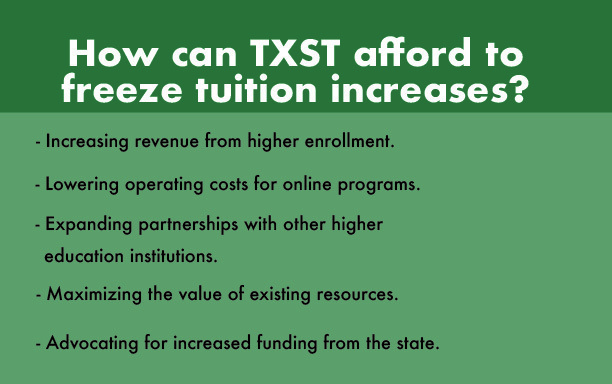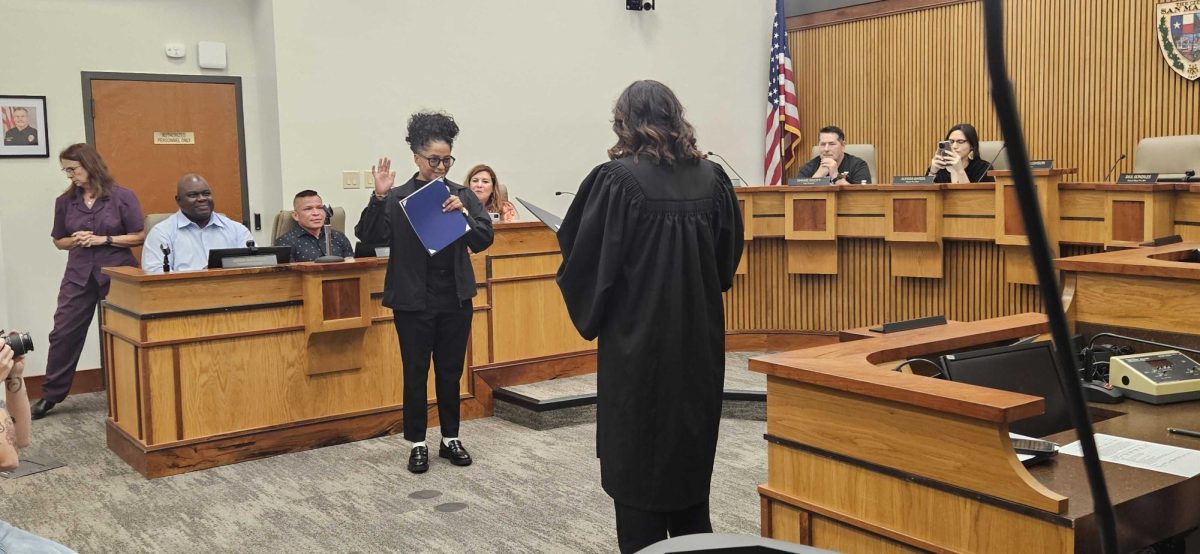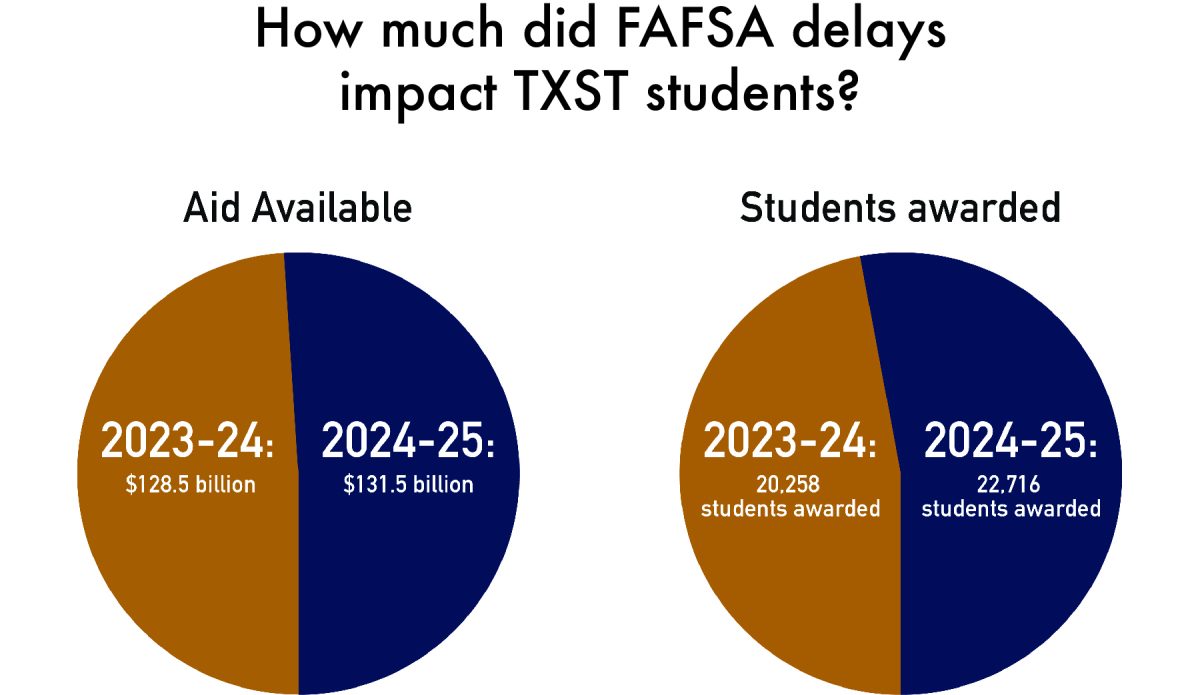Identity theft has become one the fastest growing crimes in America. College students are constantly put at risk and targeted for potential identity theft and financial scams.
There was a 126% jump in identity theft crimes in 2018 from previous reported offenses in the United States in 2017. Identity theft and fraud has often set its target on younger groups of people like college students. Due to financially inexperienced young adults making financial decisions when paying for college, books and applying for loans, college populations have become one of the largest affected groups.
Identity theft can come in several forms such as financial, governmental, criminal and medical fraud. Without a sense of vigilance, thieves can easily access personally identifiable information and use it to get away with various acts in someone else’s name.
In finding important disregarded personally identifiable information such as medical bills, social security numbers, birth certificates and financial accounts, thieves can gain access to information with potential to deliver devastating consequences. Private information in the hands of thieves can result in false employment records, false loans, bad credit and false medical bills.
Identity theft victim Daniel Silvia, psychology senior, said when he first came to college he went to apply for a credit card and was told his credit was too poor.
“I had no idea my stepmother had used my name to apply for credit cards,” Silvia said. “It was something I would’ve never thought to monitor at a young age.”
College often brings various challenges and concerns. Students often do not pay enough attention to the places and people they give private information. Methods of dumpster diving for important documents, listening in on conversations for private information, data breaches and scams are subtle ways thieves can target people.
Charity Lacey, vice president of communications for Identity Theft Research Center, spoke on campus Oct. 9 and provided tips to how ITRC can help students protect themselves from the dangers of identity crimes.
“There are so many ways students can be targeted for these crimes,” Lacey said. “It is important for people to be aware of the precautions they can take and be aware of the resources provided to help. At ITRC, we offer a free resource that believes in helping victims get through their troubles until they are satisfied.”
Additionally, Lacey shed light on resources like website Clarity Breach, which allows users to search for identity crimes and lets the user know what kind of information was compromised. Other ways to avoid identity theft discussed by Lacey were tips on how to identify suspicious emails, phone calls and messages from strangers pretending to be close relatives, coworkers or friends.
Giving information out to what may seem like trusted places can be detrimental. According to Lacey, businesses and corporations like Facebook, Chegg, Doordash and Equifax have leaked private information via data breaches in recent years. People might be unaware their information has been leaked by these companies.
Joel Asanka, Texas State information security coordinator, said even though Texas State does not offer a direct service to help students victimized by identity theft, there are easy and effective steps students can take to protect themselves.
“The most important thing is to not give out personal information you don’t absolutely have to give out,” Asanka said. “Make sure you don’t carry around things like your social security card or insurance card. Make sure all school, work, financial and tax accounts are set up with complex and unique passphrases.”
Texas State recommends that any questions or concerns about identity theft should be directed to ITRC.
Categories:
Identity theft targets students
October 23, 2019
0
Donate to The University Star
Your donation will support the student journalists of Texas State University. Your contribution will allow us to purchase equipment and cover our annual website hosting costs.
More to Discover














